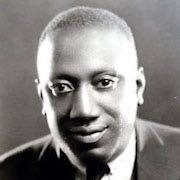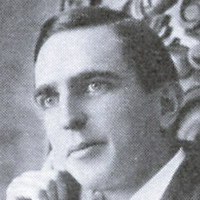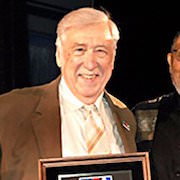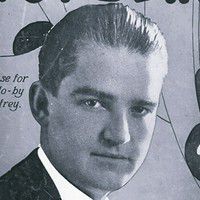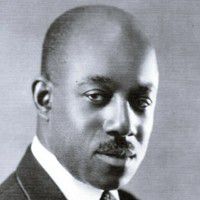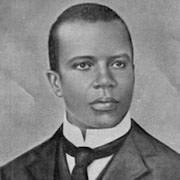Scott Joplin (c. 1868 – April 1, 1917) was an American composer and pianist. Joplin achieved fame for his ragtime compositions and was dubbed the "King of Ragtime". During his brief career, he wrote over 100 original ragtime pieces, one ragtime ballet, and two operas. One of his first and most popular pieces, the "Maple Leaf Rag", became ragtime's first and most influential hit, and has been recognized as the archetypal rag.
Joplin grew up in a musical family of railway laborers in Texarkana, Arkansas, and developed his own musical knowledge with the help of local teachers. While in Texarkana, Texas, he formed a vocal quartet and taught mandolin and guitar. During the late 1880s, he left his job as a railroad laborer and traveled the American South as an itinerant musician. He went to Chicago for the World's Fair of 1893, which played a major part in making ragtime a national craze by 1897.
Joplin moved to Sedalia, Missouri in 1894 and earned a living as a piano teacher. There he taught future ragtime composers Arthur Marshall, Scott Hayden and Brun Campbell. He began publishing music in 1895 and publication of his "Maple Leaf Rag" in 1899 brought him fame. This piece had a profound influence on writers of ragtime. It also brought Joplin a steady income for life, though he did not reach this level of success again and frequently had financial problems. In 1901, Joplin moved to St. Louis, where he continued to compose and publish and regularly performed in the community. The score to his first opera, A Guest of Honor, was confiscated in 1903 with his belongings for non-payment of bills, and is now considered lost.
In 1907, Joplin moved to New York City to find a producer for a new opera. He attempted to go beyond the limitations of the musical form that had made him famous but without much monetary success. His second opera, Treemonisha, was never fully staged during his life.
In 1916, Joplin descended into dementia as a result of syphilis. He was admitted to Manhattan State Hospital in January 1917 and died there three months later at the age of 48. Joplin's death is widely considered to mark the end of ragtime as a mainstream music format; over the next several years, it evolved with other styles into stride, jazz and eventually big band swing.
Joplin's music was rediscovered and returned to popularity in the early 1970s with the release of a million-selling album recorded by Joshua Rifkin. This was followed by the Academy Award-winning 1973 film The Sting, which featured several of Joplin's compositions, most notably "The Entertainer", a piece performed by pianist Marvin Hamlisch that received wide airplay. Treemonisha was finally produced in full, to wide acclaim, in 1972. In 1976, Joplin was posthumously awarded a Pulitzer Prize.

